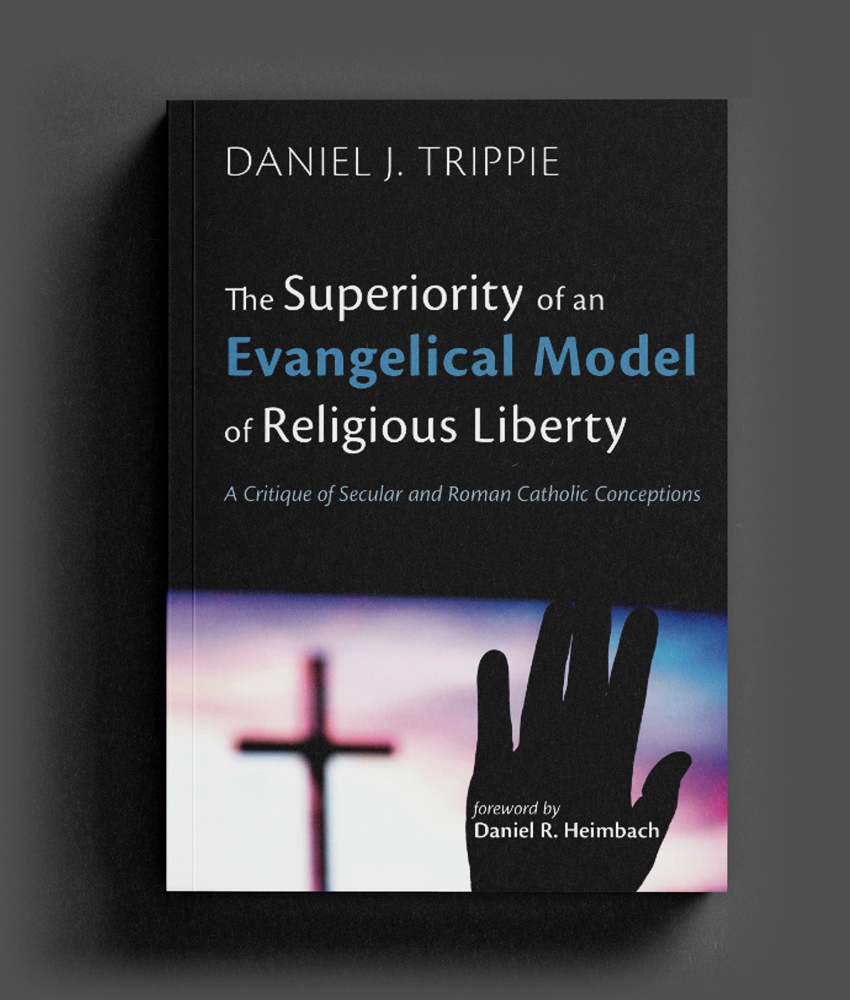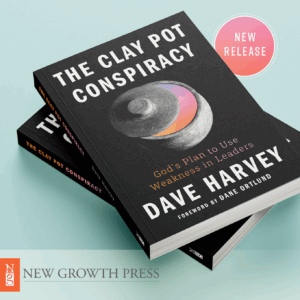In an era where moral relativism has clouded our understanding of right and wrong, Jesus provides Christians with a framework for considering today’s morally challenging world. I was encouraged by this truth while reading Matthew’s Gospel, discovering profound wisdom in what might seem like a simple narrative detail.
Matthew recorded Joseph’s experience when he learned that Mary was pregnant. Matthew 1:19 says, “And her husband Joseph, being a just man and unwilling to put her to shame, resolved to divorce her quietly.” This verse encapsulates one of the most profound tensions in human experience: the collision between justice and compassion.
Understanding True Justice
Joseph was a “just” man. Today, many operate with an Enlightenment concept of justice as mere fairness. However, this proves insufficient in an age of moral relativism. When everyone creates their own standard of right and wrong, who decides what constitutes fairness? Without an objective moral foundation, “fairness” becomes as subjective as the individuals defining it.
Matthew’s cultural context was distinctly Jewish, where justice emphasized the vital connection between one’s responsibility to God’s law and the community. Justice required equal treatment for equal things but always measured against the unchanging laws of God.
The Weight of Righteousness
Joseph believed Mary had been unfaithful. From his perspective, adultery was the only reasonable conclusion. Given this understanding, justice demanded punishment from the ecclesiastical community. The law was clear, and its requirements were non-negotiable. Joseph, as a “just” man, knew he must turn his fiancée over for punishment commensurate with the offense.
Yet here we encounter the beautiful complexity of the human heart and God’s character reflected in His people. The passage reveals that Joseph was “unwilling to put her to shame.” In these words, we glimpse the profound struggle.
The Tension Between Justice and Compassion
Joseph loved Mary. Yet at this crucial moment, he perceived that she had betrayed that love. His hurt, anger, and humiliation collided with his affection, mercy, and compassion. The text tells us that Joseph “considered”—a word carrying the weight of serious deliberation and careful reflection.
One can imagine Joseph in those sleepless hours, wrestling with memories and possibilities. He likely reviewed God’s law and its demands, considered community traditions, reflected on his family history, and contemplated his relationship with Mary, remembering her character.
Joseph was undeniably just—prepared to do what the law demanded. But his struggle reveals something beautiful: he sought to pursue justice with compassion. He sought to fulfill legal obligations while minimizing public embarrassment for Mary.
Lessons for Our Complex World
A world without justice becomes chaotic and cruel, where the strong prey upon the weak. Conversely, a world without compassion becomes cold and calculating, where rigid legalism crushes the human spirit and leaves no room for mercy.
The beauty of the Gospel is that it resolves this tension between justice and compassion. True justice is found on a wooden cross, where God’s law was fully satisfied. Perfect compassion is declared in those eternal words: “Father, forgive them, for they know not what they do.” In Christ, justice and mercy don’t merely coexist—they embrace.
The Christian Framework for Moral Complexity
This narrative reminds us that our view of justice and compassion must be balanced by deep reflection on the life, death, resurrection, ascension, and promised return of Jesus Christ. The Gospel provides everything we need to navigate challenging moral terrain, offering not easy answers, but the right framework for asking the right questions and seeking wisdom that honors both God’s holiness and His compassion.









